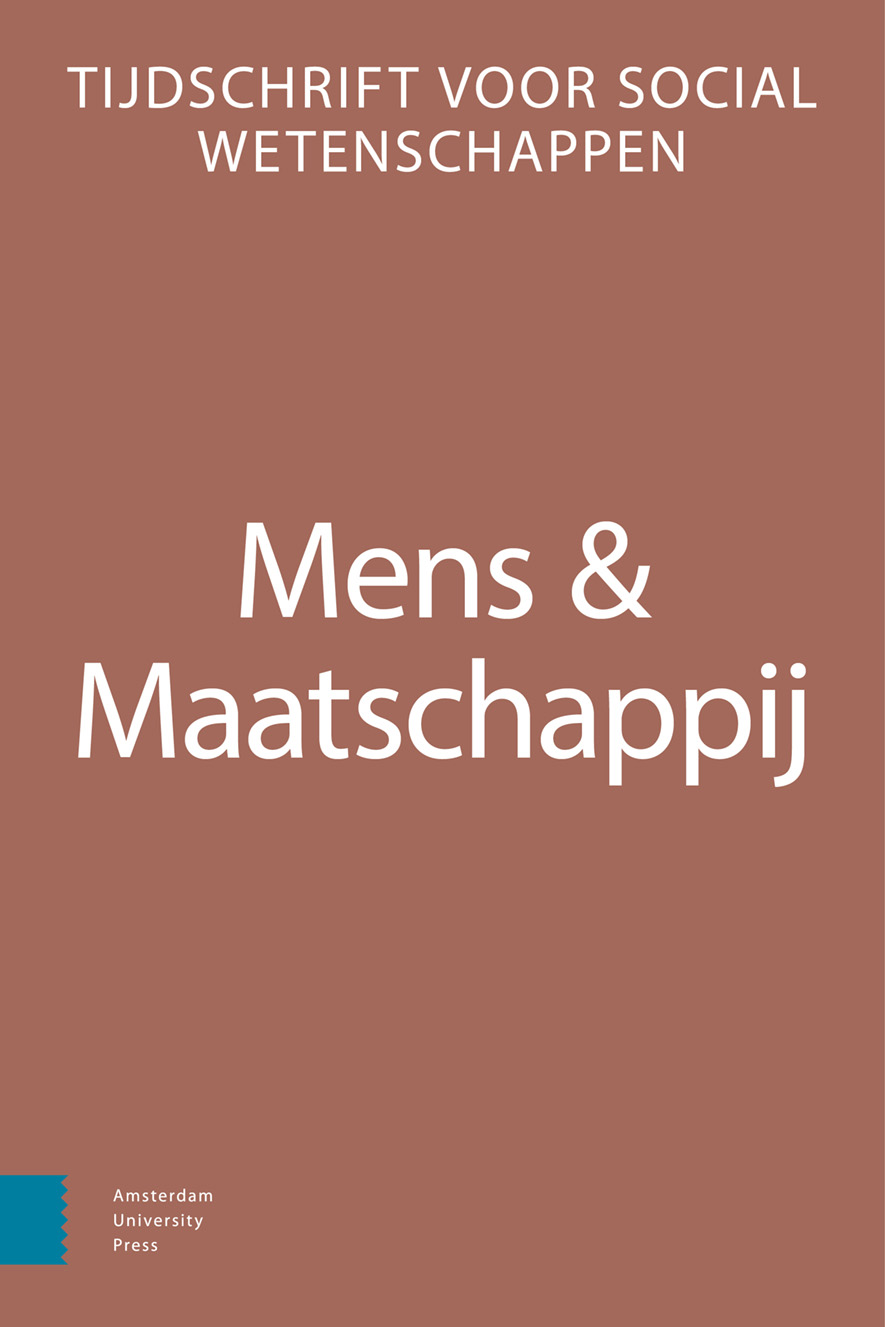-
oa Een G1000 gun je iedereen1
Participatiebevordering in Kruiskamp, Amersfoort
- Amsterdam University Press
- Source: Mens & Maatschappij, Volume 92, Issue 1, Feb 2017, p. 93 - 118
- Previous Article
- Table of Contents
- Next Article
Abstract
A G1000 is meant for everybody: Participation in Kruiskamp, Amersfoort, the Netherlands
In the Netherlands, citizens’ summits are employed to provide citizens a space within the present democratic system. By using a micro lens to study processes at a G1000 in a neighbourhood in the Dutch city of Amersfoort, we have gained insights into the course of the programme of the summit. We analysed how deliberation, group dynamics and (differing) mind-sets affect communication, the creation of a common ground, and the activation of citizens. We found that a safe space is required to enable participants to think out of the box during deliberation. Facilitation by skilled moderators as well as transparency during the program are seen as preconditions for a powerful operation. We also found that interference by representatives of the system world – like (local) government officials – can disturb the group process based on everyday life principles. Finally, this paper shows that diversity among participants is not easily reached, if at all. While the aim is to welcome everyone, there are some implicit values that especially attract the white middleclass. This makes inclusivity of different social classes, ethnic backgrounds, religions, and age a challenge that is still difficult to accomplish.


